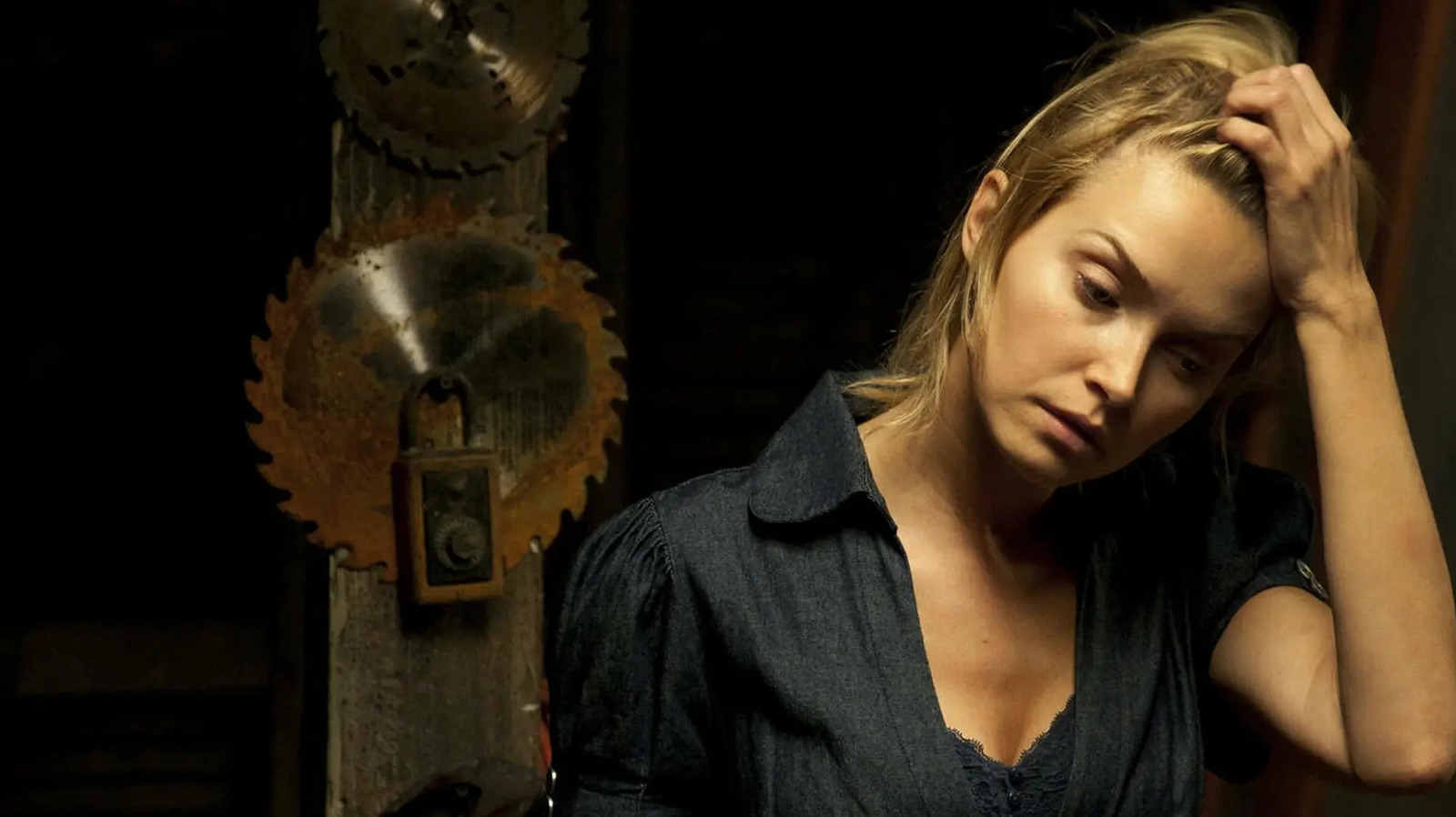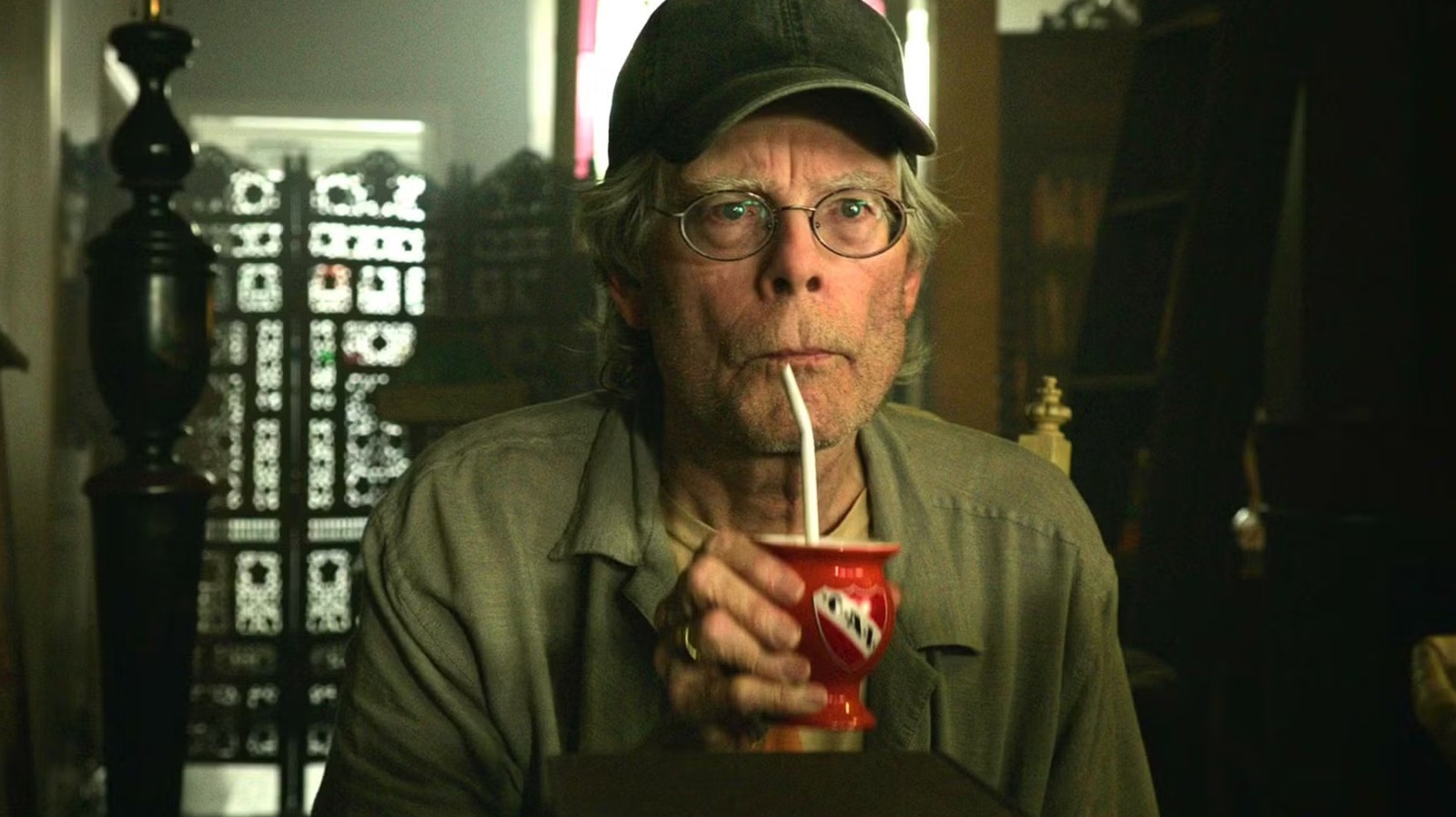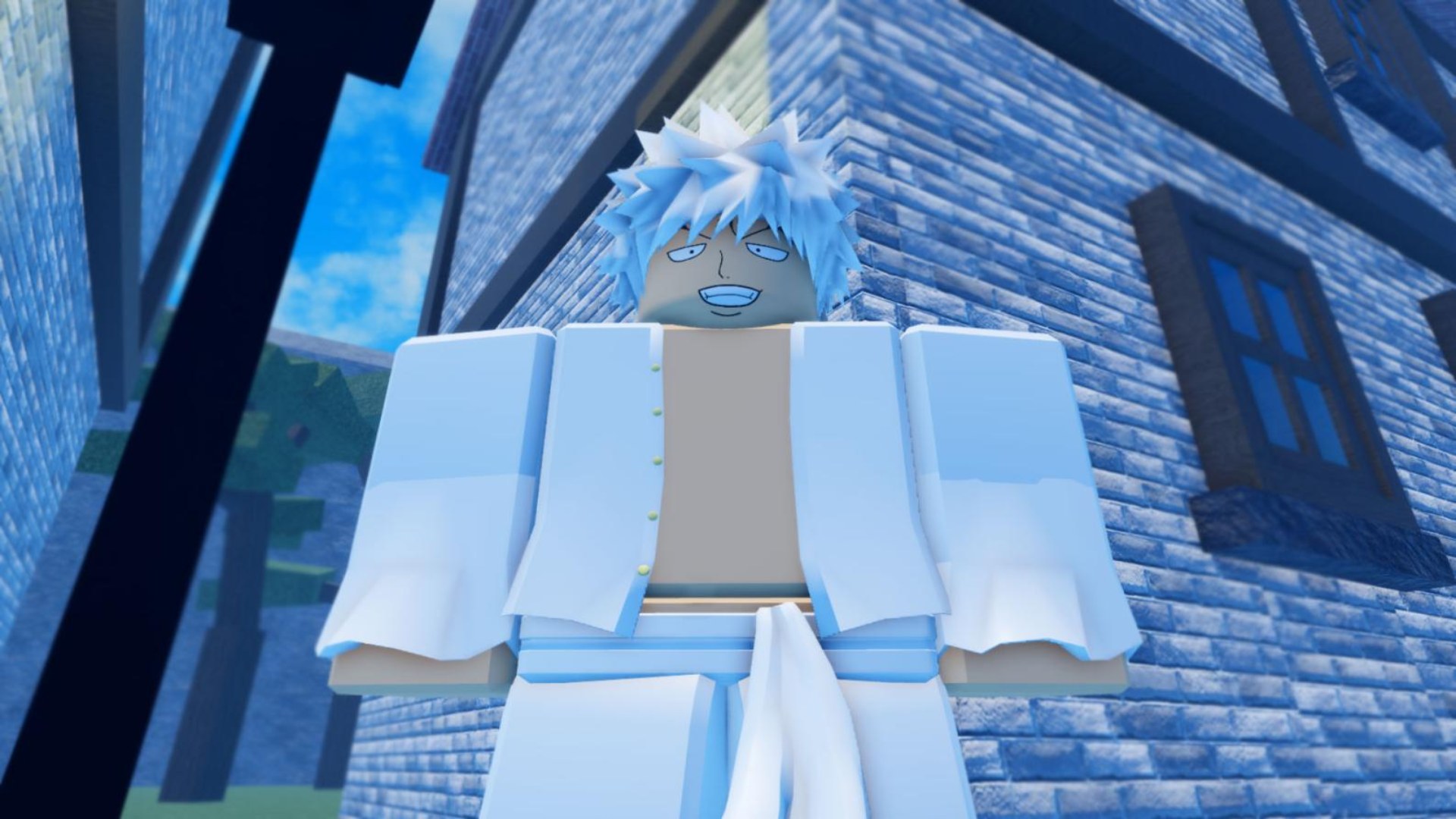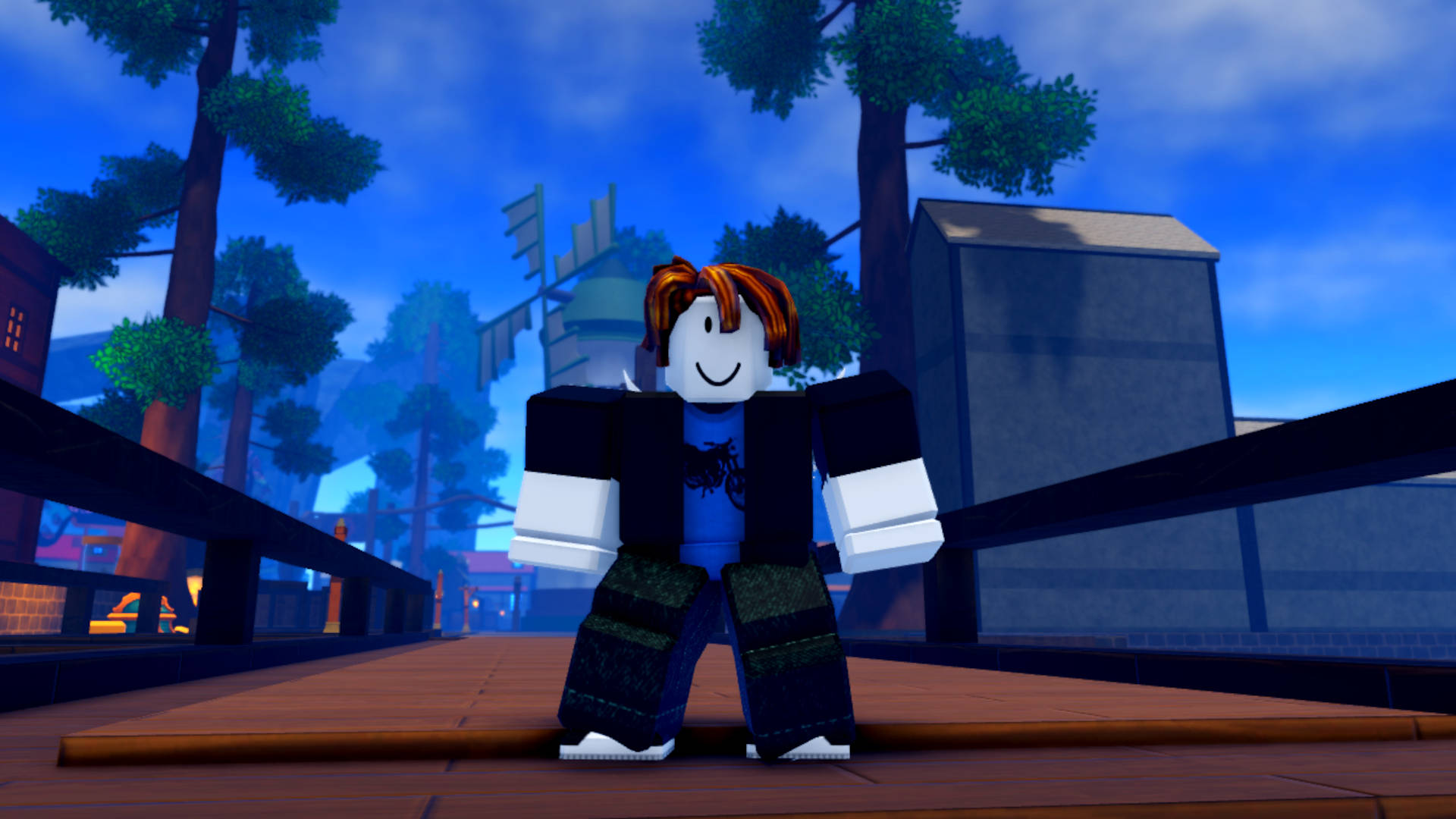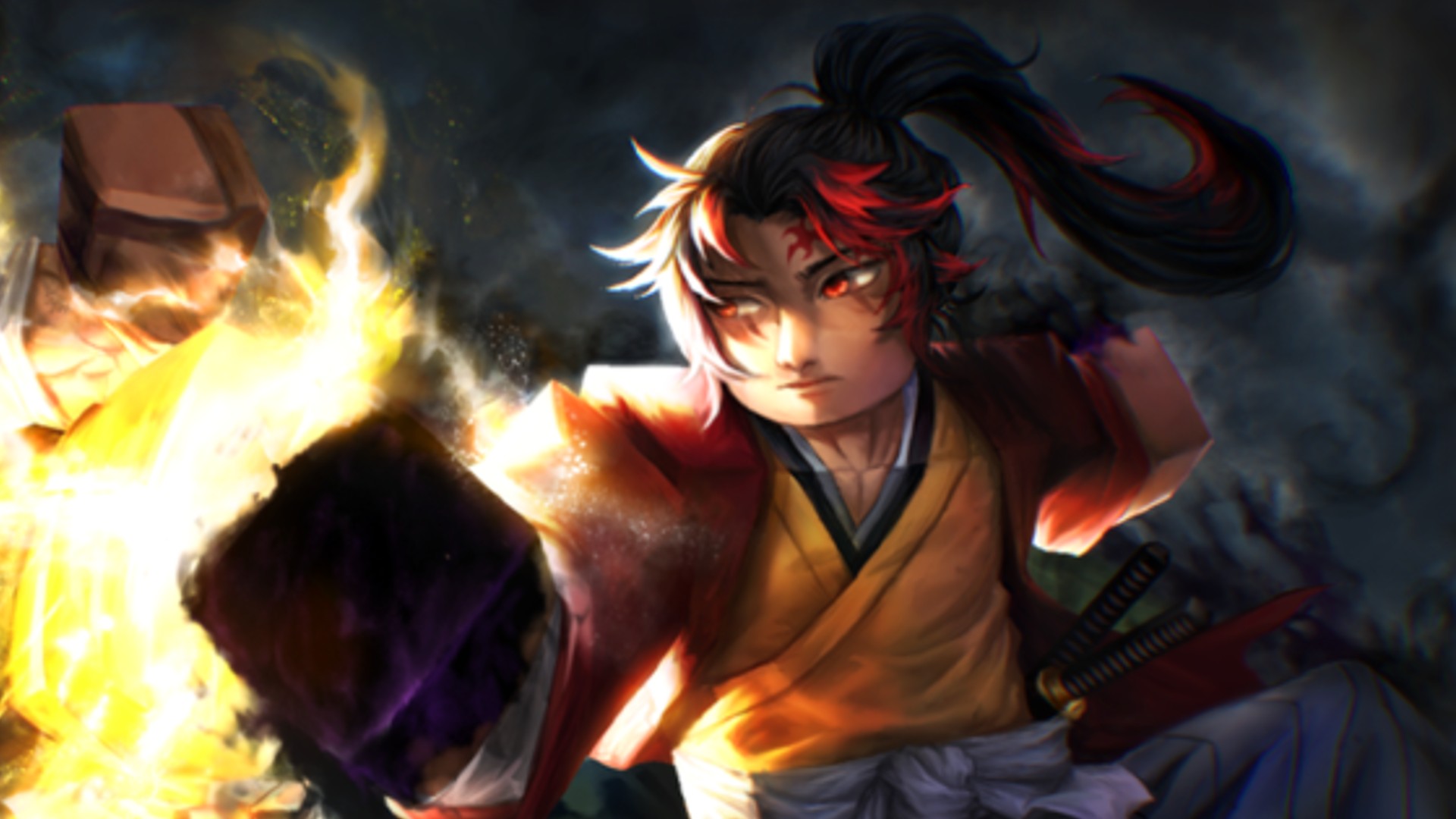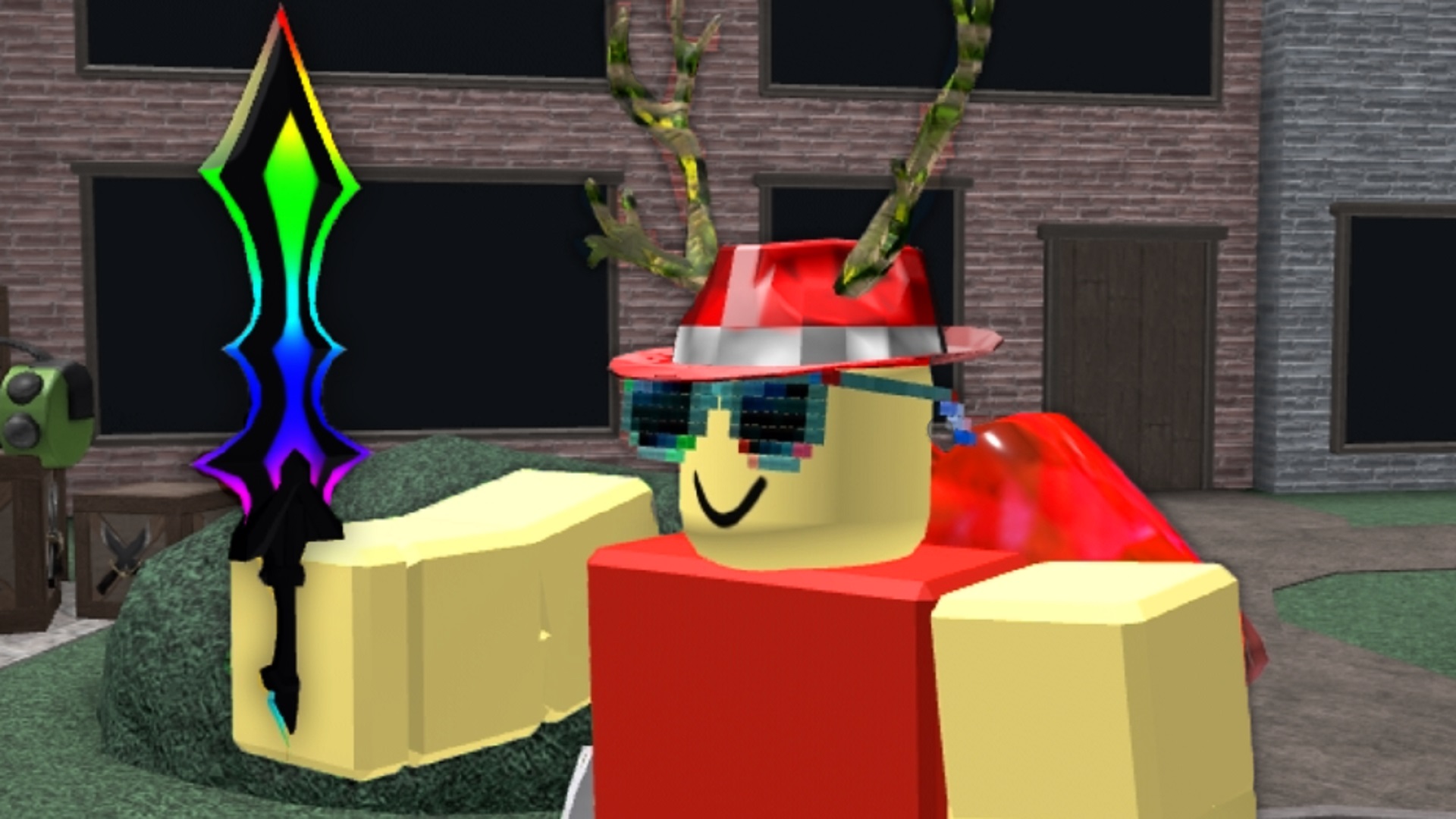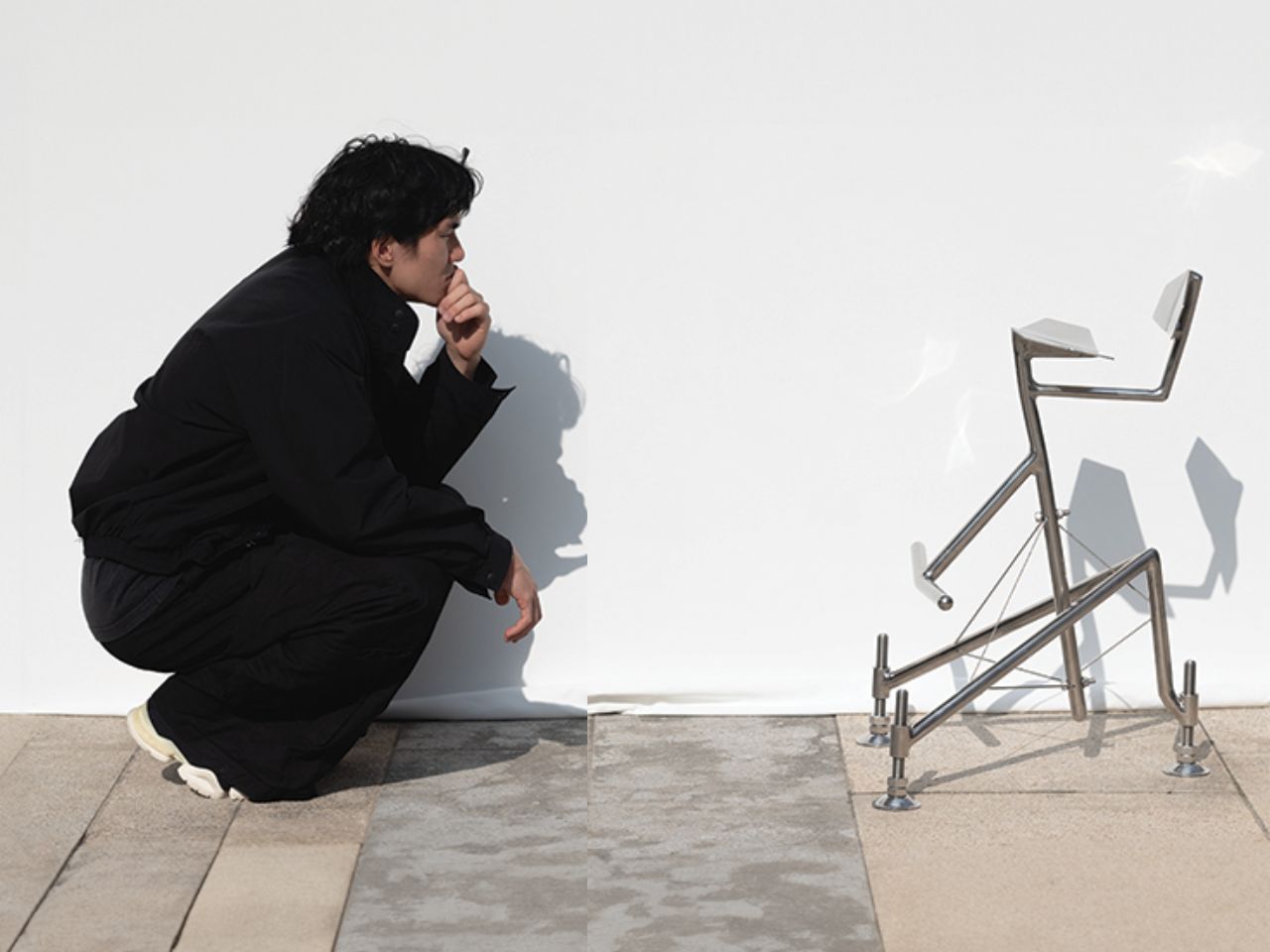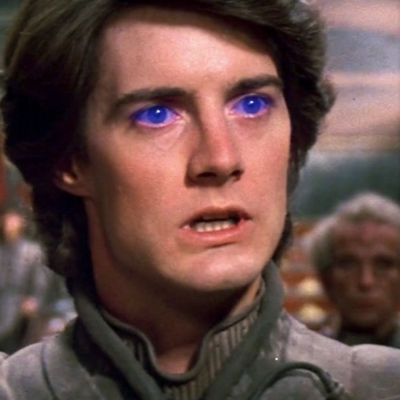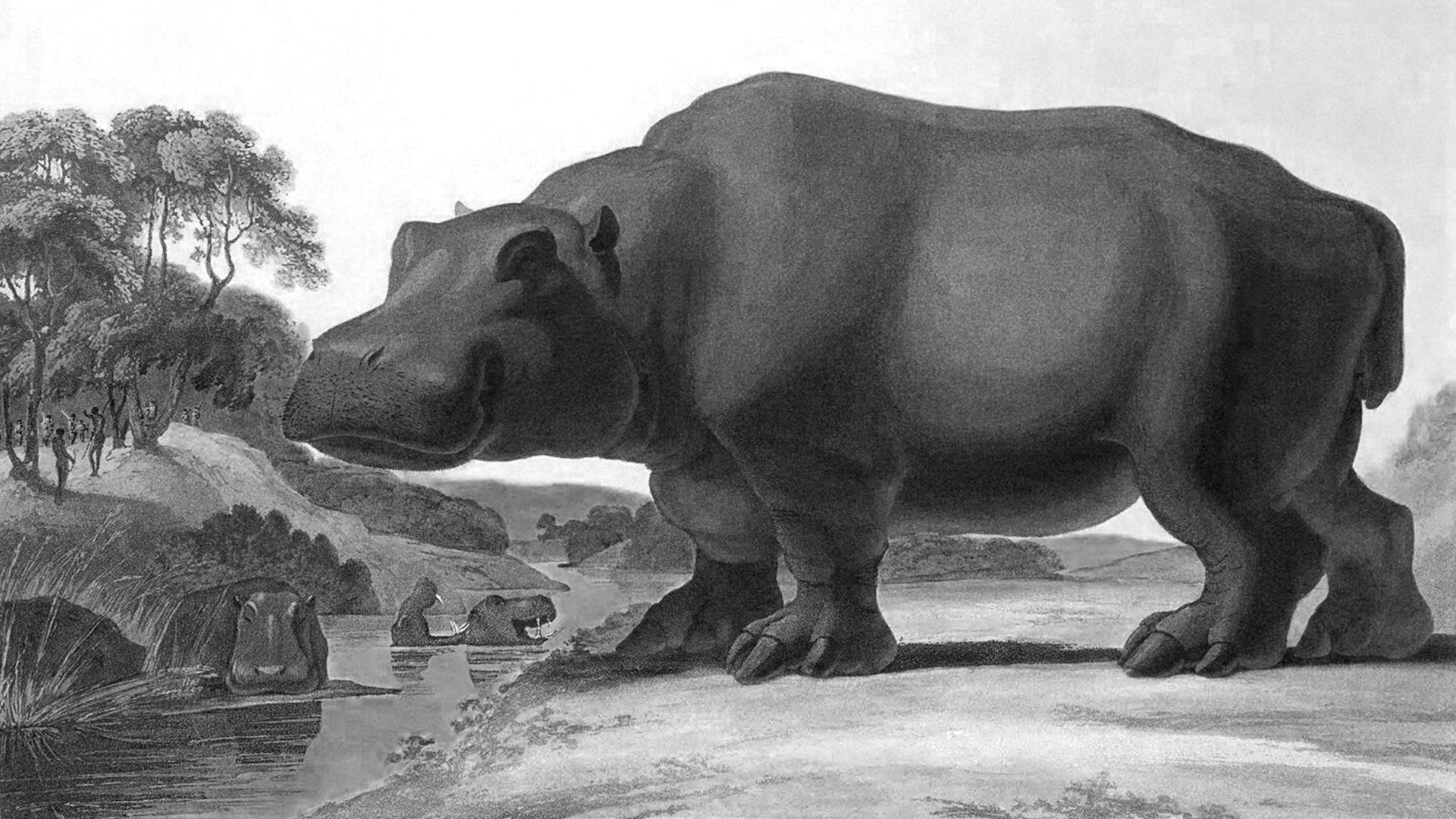The David Lynch Line That Reveals the Humanity of His Work
Variety confirmed Thursday that legendary writer-director David Lynch has passed away at the age of 78. The news was first shared by Lynch’s family via this Facebook post: “It is with deep regret that we, his family, announce the passing of the man and the artist, David Lynch. We would appreciate some privacy at this […] The post The David Lynch Line That Reveals the Humanity of His Work appeared first on Den of Geek.

Variety confirmed Thursday that legendary writer-director David Lynch has passed away at the age of 78. The news was first shared by Lynch’s family via this Facebook post: “It is with deep regret that we, his family, announce the passing of the man and the artist, David Lynch. We would appreciate some privacy at this time. There’s a big hole in the world now that he’s no longer with us. But, as he would say, ‘Keep your eye on the donut and not on the hole.’ It’s a beautiful day with golden sunshine and blue skies all the way.”
“Keep your eye on the donut, not on the hole” is one of many memorable lines David Lynch shared with the world during his remarkable time on earth. Though the phrase is not one of his creations, the line certainly gets to the heart of Lynch’s outlook and creative philosophy. “Let’s keep our eye on the donut,” Lynch once explained, “the hole is so deep and so bad. The donut is a beautiful thing.”
For some, that quote also summarizes David Lynch as he was often publicly perceived: an eccentric creator who was fond of bewildering audiences with absurd visuals, concepts, and dialogue. There was always a hint of truth in that perception.
Lynch carved a path for the future’s more interesting artists and works by destroying preconceived notions about what kind of entertainment can reach a wide audience. His debut film Eraserhead paved the way for a new generation of esoteric filmmakers, just as Twin Peaks set the stage for shows like The Sopranos and the golden age of TV dramas. It is relatively easy to track the influence of his works by tracking those who confess to seeing a David Lynch film and suddenly rethinking what was possible. That’s one of the reasons the word “Lynchian” entered our film lexicon. Even those who never quite “got” the director have probably used that phrase to describe some surreal and dreamlike piece of media that defies simple description.
Yet the fundamental flaw of the “Lynchian” adjective is that it suggests one can run some kind of Lynchian playbook to create a “Lynchian work.” To do so would defy the purpose of a man whose unique visions were meant to inspire others to pursue theirs. There was only one David Lynch, and he was as true of an artist as one could be in mediums that so often require sacrificing art at the altar of commerce.
But as a lifelong fan of David Lynch, I don’t think about “Lynchian” or the donut (or its hole) when I think about the artist. Instead my mind veers to the fourth part of Twin Peaks: The Return.
In that episode, FBI Director Gordon Cole (played by Lynch himself) has a conversation with FBI Agent Denise Bryson (David Duchovny). Bryson, a transgender woman, expresses hesitation about Cole’s new plan. In response, Lynch reminds Bryson of the support he’s shown her during her career. During that speech, he utters this powerful line:
“When you became Denise, I told all your colleagues, those clown comics, to fix their hearts or die.”
“Fix your hearts or die,” as it is popularly rephrased, is the kind of straightforward line that Lynch isn’t credited enough with for delivering. It is, in that specific context, an undeniable show of support for Bryson and her transition, as well as an undeniable repudiation of any arguments to the contrary. There is little ambiguity in Cole’s—and, by extension, Lynch’s—stance on the subject. Either get right or get gone. It’s hardly a surprise that the line has become a rallying cry for Lynch fans in the LGBTQ community.
That line also succinctly encapsulates the powerful humanity that should define Lynch as much, if not more, than the dreamlike nature of his surrealist masterpieces.
A Man from the Heart
Born and raised in a quaint suburban setting that feels a mile away from the nightmare world of Lynchian entertainment, Lynch grew up as an honest-to-goodness Boy Scout (he even rose to the rank of Eagle Scout). Lynch adored his quaint upbringing, but he was always fascinated by the signs of darkness and decay that existed at the margins of that world. That fascination became more profound when Lynch moved to Philadelphia and experienced the dangers and horrors that often occur in the poorest parts of a major city. Rather than become cynical, though, Lynch kept his eye on the donut as he began his extraordinary career.
Throughout that career, Lynch established himself as one of the greatest humanist storytellers in the history of film and television. Yes, it’s easy to see how Eraserhead—the story of a confused and frightened young man in an almost alien industrial environment—was certainly inspired by his own experiences, but Lynch soon revealed the extent of his incredible empathy.
He reveals it in the acclaimed 1980 movie, The Elephant Man, one of the most powerful portrayals of the need for compassion ever put onscreen. He reveals it in Twin Peaks, a show that hooked millions with the line “who killed Laura Palmer?” even as it begged us to see Laura Palmer as a life and not just a body. Perhaps most importantly, he reveals it in the 1999 movie The Straight Story, the true tale of an elderly man who drives across the country on his lawnmower to make amends with his estranged brother.
Some called The Straight Story the oddity of Lynch’s career because it is the director’s most “normal” project. Yet it’s really the perfect Rosetta Stone for those who never quite understood his work. The raw portrayal of love and hope that makes The Straight Story one of cinema’s greatest tearjerkers can be found in all of Lynch’s other works. It’s just not expressed in those other works in quite the same way. As Adrien Brody says in The French Dispatch when he shows confused investors a modern artist’s flawless drawing of a sparrow, “He could paint this beautifully if he wanted, but he thinks this is better.”
If Lynch’s work is “odd,” perhaps that’s because he constantly sought to capture the contradictions at the heart of humanity. Surely there must be an explanation, perhaps some kind of cosmic intruder, for why some commit evil and inflict pain when humanity is often fundamentally beautiful. When his characters rave about a perfect piece of pie during a murder investigation, there is more than a hint of sarcasm and dark humor in their reactions. Yet sometimes a piece of pie is simply quite good in a world that always isn’t. Like such contradictions, Lynch’s works were never really meant to be explained; they were meant to be experienced.
“Fix your hearts or die” can be used as a threat and a pretty great one at that. But it’s also a softer, sweeter, sadder kind of warning. In life and in Lynch’s projects, we are meant to watch, empathize, and recalibrate our souls based on the experiences of others. We don’t always have to understand those experiences but simply acknowledge and admire the power in our hearts that we feel as we watch them unfold. That power is empathy laced with confusion, anger, and fear. That power is the raw humanity we are blessed and cursed with. It’s rarely simple, but it is undeniable. That power is a David Lynch work.
The post The David Lynch Line That Reveals the Humanity of His Work appeared first on Den of Geek.
What's Your Reaction?









